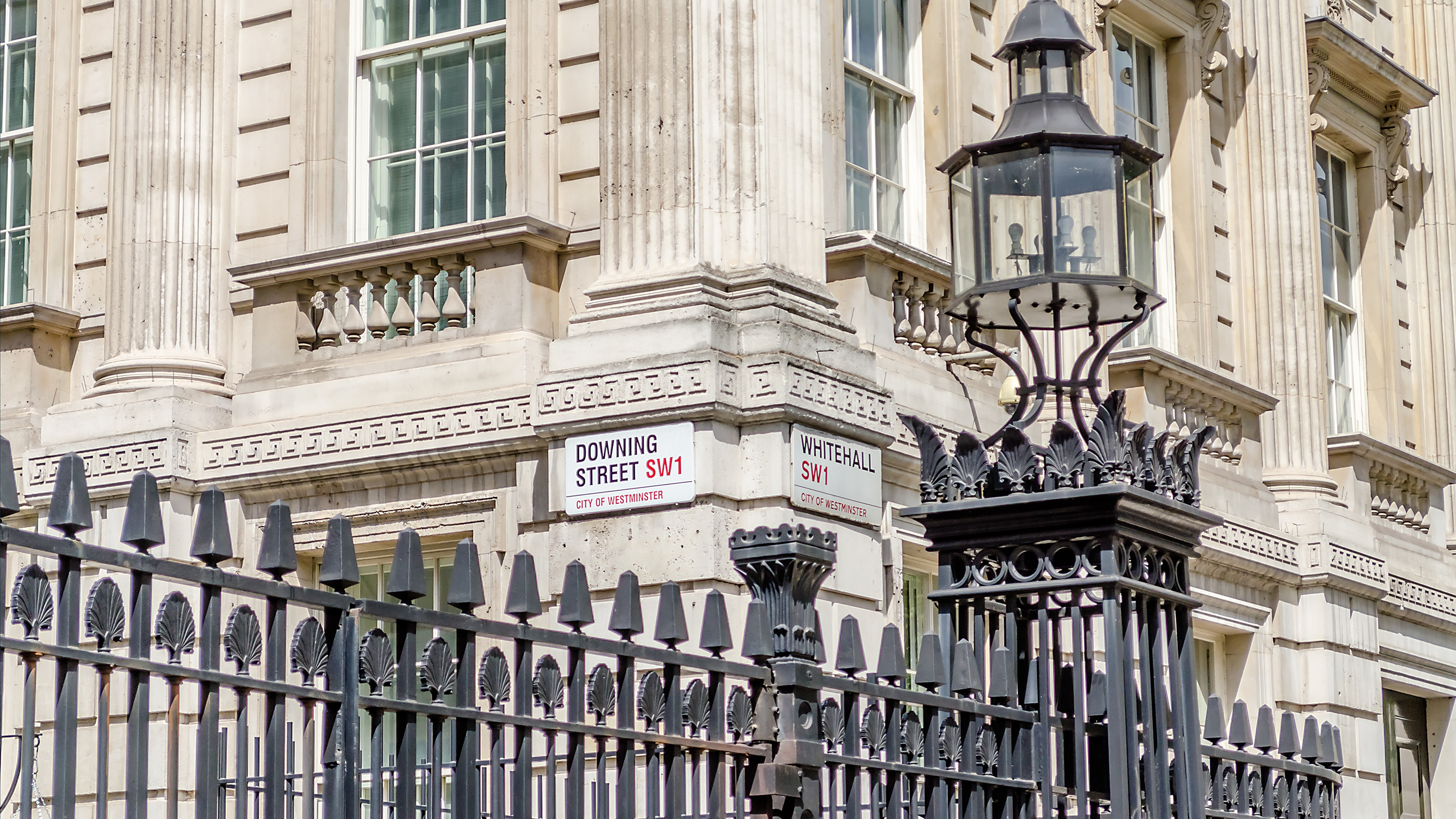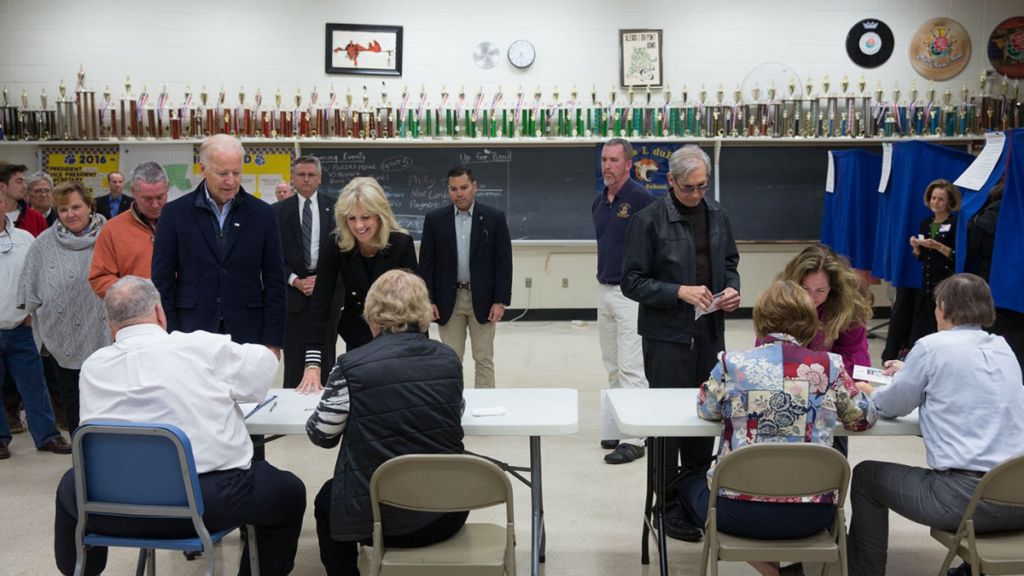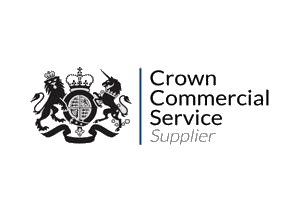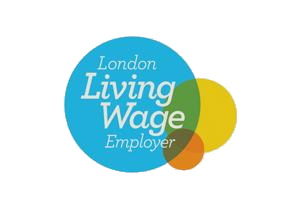On Monday 5th September the Conservatives will produce either Britain’s second ethnic minority prime minister (after Benjamin Disraeli), or its third female prime minister. Before then the candidates will participate in a prolonged campaigning season revolving around a series of hustings across the UK to directly make their case to party members. My colleague Tom Bromwich has argued that Rishi Sunak would be a good prime minister, although to win Sunak needs to focus on issues the party cares about.
What about Liz Truss?
The positive…
The polls place Truss as the frontrunner in this race. A recent ConservativeHome poll placed Truss at 58% support among Conservative Party members to Sunak’s 26%, with 12% undecided. Similarly, Truss has a 34% lead over Sunak according to the most recent YouGov poll of members; Truss led with 60% to Sunak’s 26% and 13% saying they don’t know or they won’t vote. The numbers suggest that even if all undecided members voted for Sunak, Truss would still win by a double-digit margin, meaning Sunak faces a great uphill battle before reaching Number 10 – something he has publicly admitted.
Truss secured a major endorsement from Sajid Javid MP, who has been described as a friend of Sunak’s, with the former health secretary describing Truss as best placed to face “the challenges of our age.” Andrea Leadsom MP, the former business secretary, also endorsed Truss in The Telegraph, writing that Truss embodies the “core Conservative principles of aspiration, personal liberty and enterprise” and has “the right prescription” for the UK’s economy. Javid and Leadsom are one of several former or current Cabinet members who have endorsed Truss, following defence secretary Ben Wallace MP, business secretary Kwasi Kwarteng MP, and Simon Clarke MP, the chief secretary to the Treasury.
Paul Goodman writes in The Times that Conservative activists are likely to back the more right wing candidate. Truss’ credentials as a libertarian, free-marketeer with a historically hawkish record on China present her as more convincingly ‘right-wing’ than Sunak’s record marked by high taxation and high levels of spending during the pandemic.
Not all great however...
Not all polls favour Truss by such significant margins. A poll by Savanta ComRes among Conservative councillors put Truss at 31% and Sunak at 29%, a significantly narrower margin, with 32% undecided. Another, carried out among party members by Techne, put Truss at 53% compared to Sunak’s 47%, once the undecided are excluded.
Additionally, Sunak secured an important endorsement from Nigel Lawson, Margaret Thatcher’s chancellor of the exchequer, in a race where candidates have tried to embody the former prime minister. Writing in The Telegraph, Lawson writes that Sunak refused to “embark on Corbyn-style, debt-fuelled expenditure” and has an approach “guided by the principles of Thatcherism”. Lawson also criticised Truss’ plans for unfunded spending that is “uncomfortably reminiscent of the missteps” of the Conservative government in the early 1970s.
Lawson raises an important point. Liz Truss’ campaign promises will cost taxpayers approximately £80 billion, according to The Times. From increasing defence spending to building high-speed rail links and cutting taxes as soon as she enters office, Truss appears to be promising more than she will practically be able to deliver. Most importantly, this does raise the question of whether large spending commitments should be made at a time when inflation may reach 15% by next year, according to the Bank of England.
Truss faces scrutiny about her judgement after a major U-turn that questions whether she will represent a clean break from Boris Johnson. Her campaign’s policy for regional pay boards to set wages in line with the local cost of living, saving approximately £8.8 billion, was scrapped after 12 hours following backlash from Conservative MPs. The proposals would “kill” the Conservatives’ levelling up-agenda, according to Richard Holden MP, a member of the 2019 intake, while Matt Hancock MP compared the U-turn to Theresa May’s “dementia tax” reversal in the 2017 election. If Truss wants voters to believe she is not the “continuity Boris” candidate, then this U-turn hinders her efforts at doing so.Can Liz win it?
It is very likely.
Truss is comfortably ahead in most polls and her U-turn is unlikely to damage her chances at winning. As the pre-eminently ‘right-wing’ candidate she will likely enter Number 10 in early September. The question is how long she will remain.Truss is popular with the membership but polls of the general public tell a different story. A recent YouGov poll conducted for The Times among the public found that, in a head to head run-off against Keir Starmer, 31% would support Starmer and 28% would support Truss, with 37% not sure.
This suggests that in a general election with Liz Truss and Keir Starmer, Labour would win. This leads to an interesting situation where the candidate that is the most popular with party members is the least likely to win at the next general election – a hark back to the Corbyn leadership of the Labour Party. Could it be that the Truss premiership has an expiry date before it’s begun?










